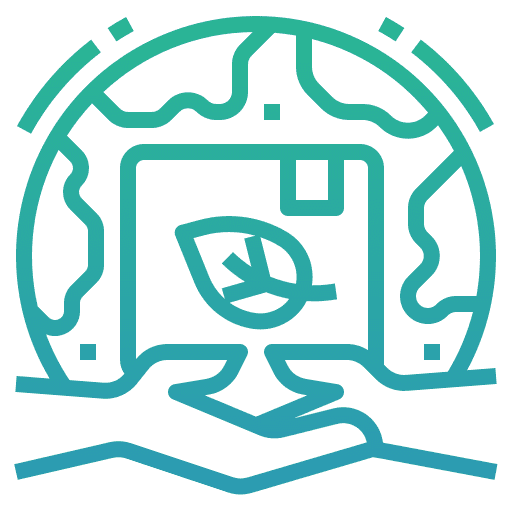This policy brief analyses how blockchain and the Internet of Things (IoT) can aid drinking water supply management. It uses literature review to highlight strengths and weaknesses of the technologies, as well as a multicriteria analysis (MCA) to analyse factors impacting implementation in select G20 countries: South Africa, South Korea, Japan, India, and Indonesia. The findings show that IoT and blockchain can be successfully implemented in areas with water scarcity if there is government support, public and private investment, and high local and international cooperation. Deployment of these technologies must also focus on inclusive knowledge distribution surrounding utilisation rather than technicalities. This will reduce existing gaps between the Global North and South in access to drinking water, though it may exacerbate gaps in knowledge and create an interdependent relationship between developing and developed nations. Therefore, even with decentralised solutions like blockchain, there must be centralised governance to facilitate cooperation between all agents involved.
Register for Updates
Would you like to receive updates on the Global Solutions Initiative, upcoming events, G7 and G20-related developments and the future of multilateralism? Then subscribe here!
1 You hereby agree that the personal data provided may be used for the purpose of updates on the Global Solutions Initiative by the Global Solutions Initiative Foundation gemeinnützige GmbH. Your consent is revocable at any time (by e-mail to contact@global-solutions-initiative.org or to the contact data given in the imprint). The update is sent in accordance with the privacy policy and to advertise the Global Solutions Initiative’s own products and services.









